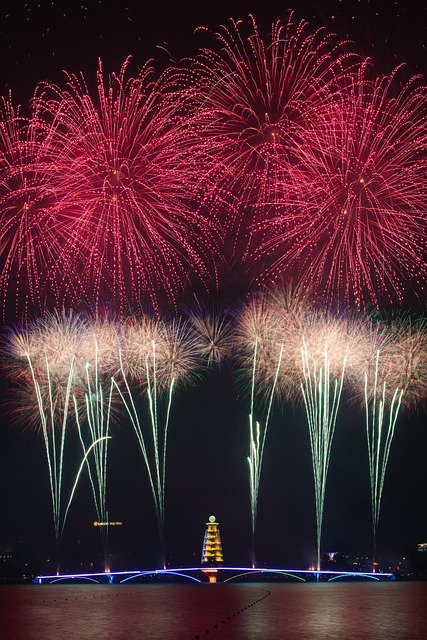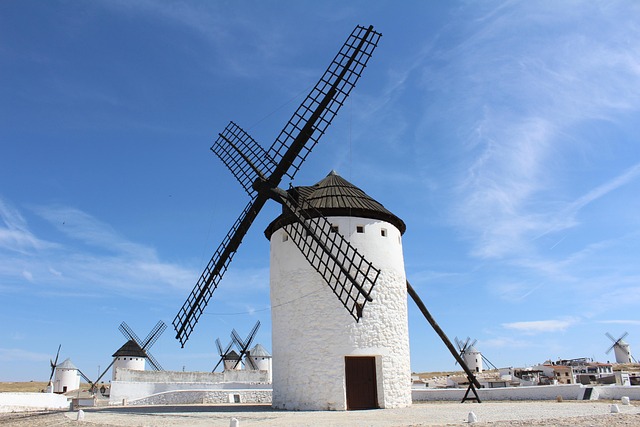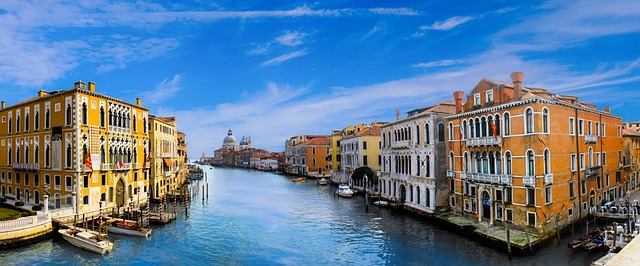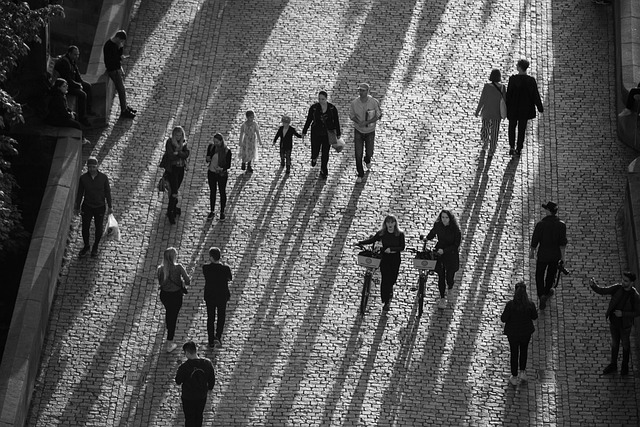Karachi's recycling centers, strategically located near iconic landmarks like Saadi Road, actively support eco-friendly initiatives by accepting diverse recyclables and fostering citizen participation in waste management. These efforts transform the city into a cleaner, more sustainable urban center, addressing environmental challenges such as waste management and resource preservation through community engagement and education programs. Despite facing challenges due to rapid urbanization, Karachi's recycling industry holds promise with investments in modern technology and comprehensive policies, aiming to become a model for efficient waste transformation and environmental stewardship.
Exploring the recycling landscape in Karachi, with a focus on centers near Saadi Road, this article delves into the city’s efforts towards sustainable waste management. From location and accessibility insights to the impact on the local environment, we examine how these facilities accept various materials. Additionally, community engagement programs in the Saadi Road area are highlighted, along with challenges and promising future prospects for Karachi’s recycling infrastructure. Discover how these initiatives contribute to a greener Karachi.
- Location and Accessibility of Recycling Centers in Karachi
- Types of Materials Accepted at Saadi Road Recycling Points
- The Impact of Local Recycling Initiatives on Karachi's Environment
- Community Engagement and Education Programs in Saadi Road Area
- Challenges and Future Prospects for Karachi's Recycling Infrastructure
Location and Accessibility of Recycling Centers in Karachi
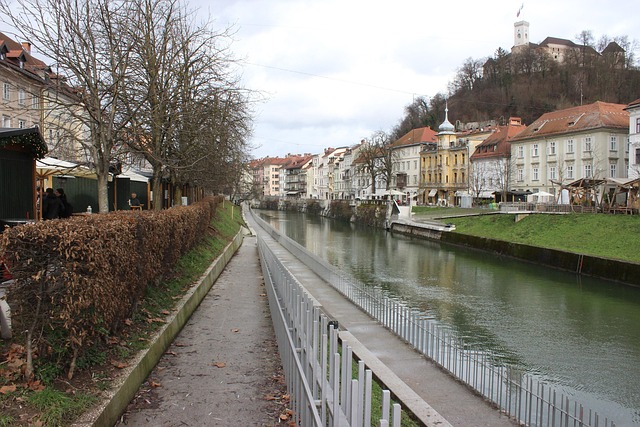
Karachi, Pakistan’s bustling metropolis, is home to several recycling centers that play a vital role in managing the city’s waste and promoting sustainable practices. These centers are strategically located across different areas, ensuring easy accessibility for residents and businesses alike. In the heart of Karachi, near iconic Saadi Road, several recycling facilities have emerged, contributing to the city’s eco-friendly initiatives.
The proximity of these recycling centers to high-traffic zones like Saadi Road makes them convenient drop-off points for recyclable materials. Karachi’s diverse landscape demands efficient waste management systems, and these centers cater to various types of recyclables, from plastic and paper to glass and metal. Accessibility is enhanced by their central locations, making it easier for citizens to participate in the city’s recycling efforts and contribute to a cleaner, more sustainable Karachi.
Types of Materials Accepted at Saadi Road Recycling Points
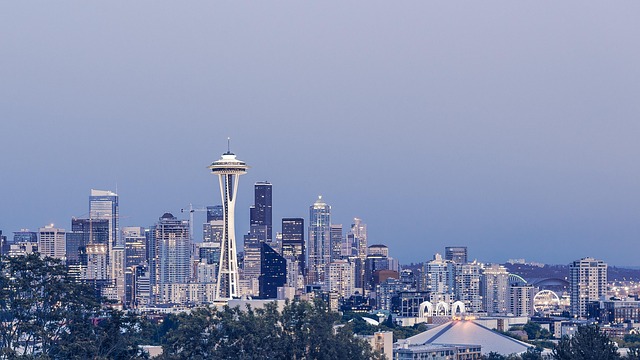
Saadi Road in Karachi boasts several recycling centers that accept a wide range of materials, playing a crucial role in the city’s sustainable practices. These facilities are equipped to handle various types of recyclables, including paper products like newspapers, magazines, and cardboard boxes. Additionally, plastic items such as bottles, containers, and packaging materials are gladly accepted, promoting a vibrant local recycling ecosystem.
Metal scraps, including aluminum cans, steel vessels, and old appliances, are another significant category. Glass bottles and jars are also recycled here, contributing to the reduction of waste in Karachi’s bustling landscape. These recycling points serve as game-changers by providing an accessible way for residents to dispose of their recyclables responsibly, fostering a cleaner and more eco-conscious community.
The Impact of Local Recycling Initiatives on Karachi's Environment
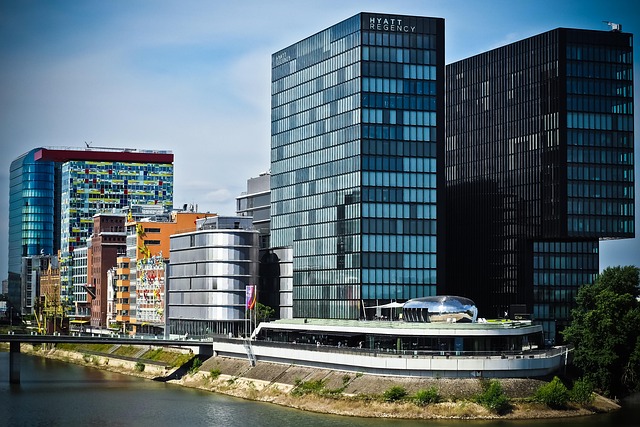
Karachi, as a bustling metropolis, faces significant environmental challenges, particularly in managing waste and preserving its natural resources. However, local recycling initiatives have emerged as game-changers in mitigating these issues. These projects play a pivotal role in enhancing the city’s sustainability by reducing the strain on landfills and promoting a circular economy. By encouraging the segregation and repurposing of materials like plastic, glass, and paper, these initiatives contribute to a cleaner and greener Karachi.
The positive impact extends beyond waste reduction; it fosters a sense of community engagement and environmental consciousness. Residents actively participating in recycling programs ensure that their neighborhoods remain clutter-free and help preserve the city’s natural beauty. Moreover, these local efforts can lead to a more sustainable future for Karachi, where resources are conserved, pollution is minimized, and the environment thrives, making it a vibrant tapestry for both its folks and visitors.
Community Engagement and Education Programs in Saadi Road Area
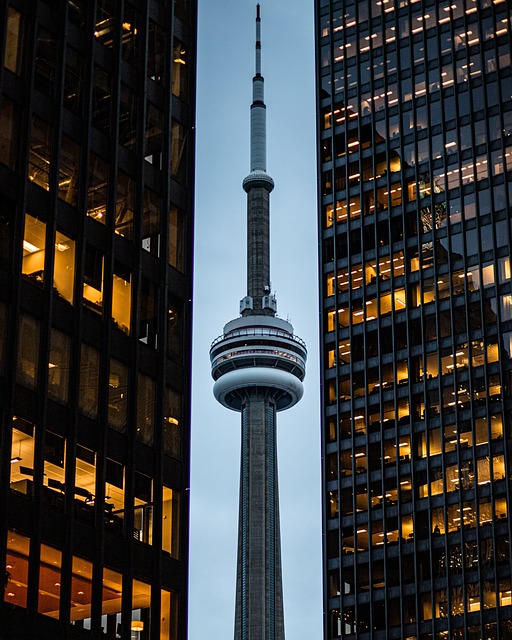
The community engagement and education programs in the Saadi Road area play a pivotal role in promoting environmental awareness and sustainable practices among locals. Many recycling centers near Saadi Road actively involve schools, community groups, and individuals through workshops, seminars, and hands-on activities to educate them about the importance of waste segregation, recycling, and upcycling. These initiatives not only empower residents with knowledge but also encourage active participation in eco-friendly endeavors.
Karachi, known for its bustling streets and vibrant culture, has witnessed a growing emphasis on community engagement in recent years. Local recycling centers have become hubs for these educational programs, fostering a sense of collective responsibility towards the environment. Through interactive sessions, residents learn about the environmental impact of their daily choices, inspiring them to adopt more sustainable lifestyles that benefit both the community and the planet.
Challenges and Future Prospects for Karachi's Recycling Infrastructure
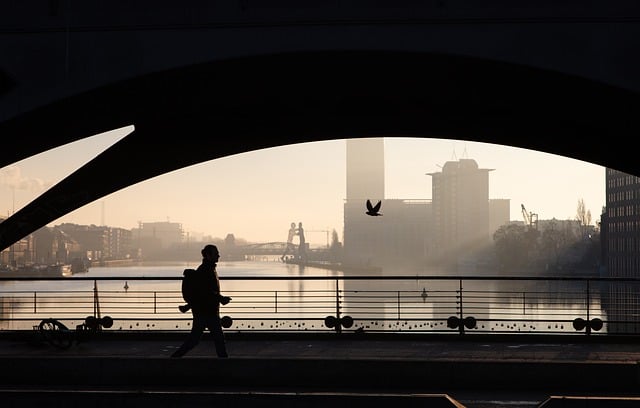
Karachi, as Pakistan’s financial hub, faces unique challenges in managing its recycling infrastructure. The rapid urbanization and increasing population have led to a surge in waste generation, straining existing recycling facilities. Many areas, including those near Saadi Road, struggle with inadequate collection systems and limited processing capacities, resulting in littering and environmental pollution. The city’s sprawling geography also poses logistical hurdles, making efficient waste segregation and transportation a complex task.
Looking ahead, there is a promising future for Karachi’s recycling industry. Investing in modern technology, such as advanced sorting machinery and renewable energy sources, can significantly boost recycling rates. Implementing comprehensive waste management policies, including public awareness campaigns, can foster a culture of responsible disposal. Furthermore, private-public partnerships could drive innovation, create green jobs, and ensure sustainable practices. With these measures, Karachi has the potential to become a model for efficient waste transformation and environmental stewardship, setting an example for other Pakistani cities.
In conclusion, the presence of recycling centers along Saadi Road in Karachi showcases a positive step towards sustainable practices. These centers not only facilitate the proper disposal of various materials but also contribute to the city’s environmental health by reducing waste and pollution. Community engagement and education programs play a pivotal role in promoting responsible recycling habits among residents. As the city continues to evolve, addressing challenges and expanding the recycling infrastructure will be key to ensuring Karachi remains a vibrant and eco-conscious metropolis.
